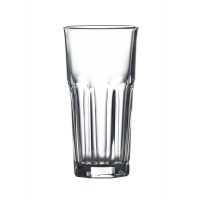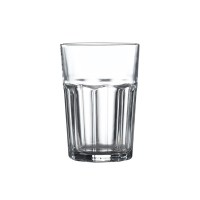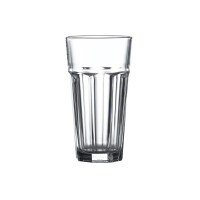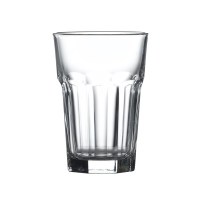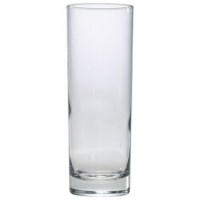Spirit & Mixer Hiball Glass
Grande Super Toughened Stacking Hiball Glass 28cl / 10oz - click for more info
Tall Stackable Glass
Case Quantity Discounts
1 - 2 Cases @ £42.91 Per Case + VAT3 + Cases @ £40.76 Per Case + VAT
Endessa Hiball Glass 35cl / 12.25oz - click for more info
Rounded Tall Glass
Case Quantity Discounts
1 - 4 Cases @ £23.87 Per Case + VAT5 + Cases @ £22.54 Per Case + VAT
Endessa Hiball Glass 41cl / 14.5oz - click for more info
Rounded Tall Glass
Case Quantity Discounts
1 - 4 Cases @ £23.98 Per Case + VAT5 + Cases @ £22.64 Per Case + VAT
Endessa Hiball Glass 48cl / 16oz - click for more info
Rounded Tall Glass
Case Quantity Discounts
1 - 4 Cases @ £24.84 Per Case + VAT5 + Cases @ £23.46 Per Case + VAT
Toughened Juice-Spirit Hiball Glass 17cl / 6oz - click for more info
Juice Slim Jim
Case Quantity Discounts
1 - 4 Cases @ £43.69 Per Case + VAT5 + Cases @ £41.51 Per Case + VAT
Toughened Spirit Mixer Hiball Glass 24cl / 8.5oz - click for more info
Plain Slim Jim Glass
Case Quantity Discounts
1 - 2 Cases @ £40.15 Per Case + VAT3 + Cases @ £38.14 Per Case + VAT
Toughened Hiball Half Pint Glass 28cl / 10oz / Half Pint - click for more info
Slim Jim Beer Glass-Spirit Mixer Glass
Case Quantity Discounts
1 - 2 Cases @ £45.07 Per Case + VAT3 + Cases @ £42.82 Per Case + VAT
Toughened Hiball Half Pint Nucleated Glass 28cl / 10oz / Half Pint - click for more info
Straight Beer Glass-Spirit Mixer Glass
Case Quantity Discounts
1 - 2 Cases @ £49.40 Per Case + VAT3 + Cases @ £46.93 Per Case + VAT
Toughened Hiball Glass 34cl / 12oz - click for more info
Plain Slim Jim Glass
Case Quantity Discounts
1 - 2 Cases @ £51.96 Per Case + VAT3 + Cases @ £49.36 Per Case + VAT
Aras American Style Hiball Glass 30cl / 10.5oz - click for more info
Tom Collins Glass
Case Quantity Discounts
1 - 4 Cases @ £6.01 Per Case + VAT5 + Cases @ £5.71 Per Case + VAT
Aras American Style Hiball Glass 30cl / 10.5oz - click for more info
Tom Collins Tall Glass
Case Quantity Discounts
1 - 4 Cases @ £15.16 Per Case + VAT5 + Cases @ £14.40 Per Case + VAT
Aras American Style Hiball Glass 36cl / 12.5oz - click for more info
Tom Collins Glass
Case Quantity Discounts
1 - 4 Cases @ £8.17 Per Case + VAT5 + Cases @ £7.76 Per Case + VAT
Aras American Style Hiball Glass 36cl / 12.5oz - click for more info
Tom Collins Glass
Case Quantity Discounts
1 - 4 Cases @ £8.47 Per Case + VAT5 + Cases @ £8.04 Per Case + VAT
Aras American Style Hiball Glass 43.5cl / 15.25oz - click for more info
Tom Collins Glass
Case Quantity Discounts
1 - 4 Cases @ £18.90 Per Case + VAT5 + Cases @ £17.96 Per Case + VAT
Ada Hiball Glass 30cl / 10.5oz - click for more info
Tall Slim Jim Glass
Case Quantity Discounts
1 - 4 Cases @ £9.85 Per Case + VAT5 + Cases @ £9.35 Per Case + VAT
Hiball Tumblers are available to buy on line from Chef & Bar Supplies within the Spirit Mixer & Hi Ball range, just part of the extensive Bar Supplies product offer.
Glasses suitable for Restaurant, Bar, Bistro, Banqueting and even room service are available here.


MK FINGERPRINT bespoke printing service is available for many glassware products.
Logo's and logans can be printed and etched on to glassware to give a real brand awareness. Even nucleations can be personalised.
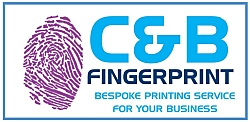
Please Contact MK for details of pricing and minimum order quantities.

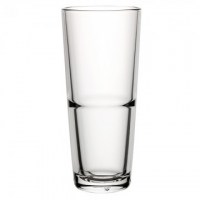
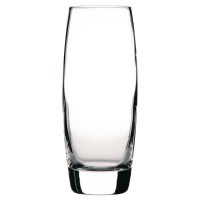
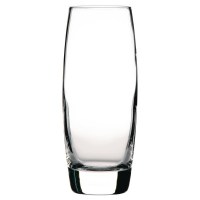
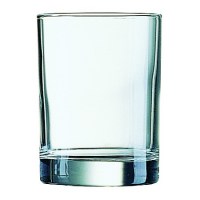
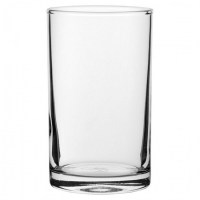
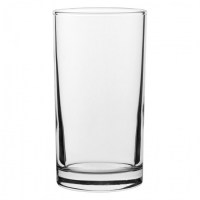
_200x200.jpg)
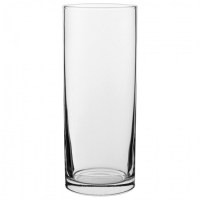
_200x200.jpg)
